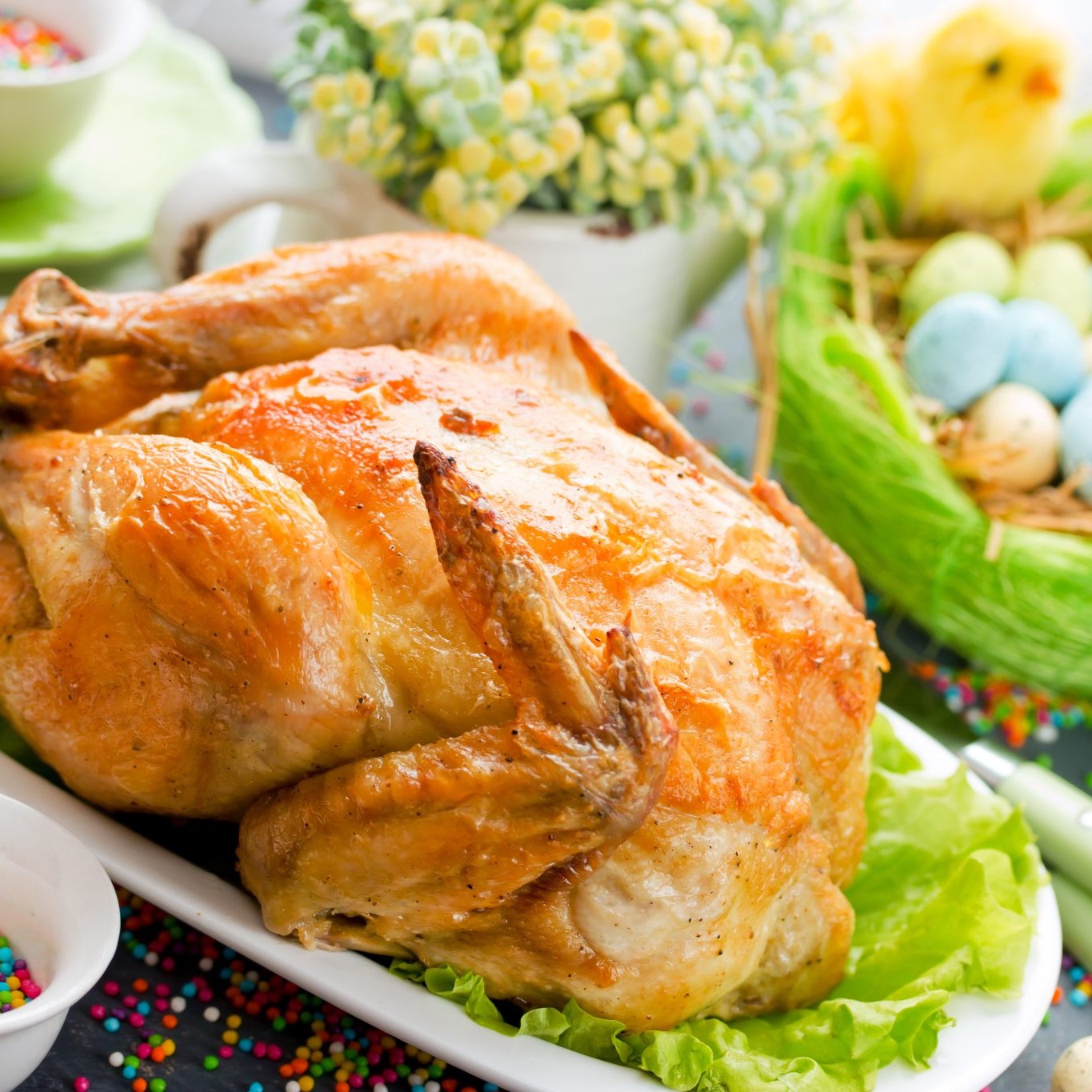You might think that by the time the holidays arrive, allergy season is long gone. However, for millions of allergy sufferers, the reality is that allergens still abound. From pet dander to volatile organic compounds, indoor allergens can cause discomfort and health issues as bothersome as when pollen is in season.
The holidays can be particularly difficult, as we visit family and friends and welcome guests – and the allergens they bring with them – into our homes.
“The holidays can present a variety of challenges for asthma and allergy patients,” says Dr. Cliff Bassett, an Ambassador for the Asthma and Allergy Foundation of America (link to: http://www.aafa.org) (AAFA). “Our environment changes in many ways during the holidays, from having new people in our homes to bringing in potential irritants like pine trees and dusty old holiday decorations.”
AAFA offers some advice for helping minimize allergy and asthma triggers in your home this holiday season:
* Most people store holiday decorations in attics, basements or garages and they can pick up dust, mold and other irritants while in storage. Thoroughly clean all stored decorations before using them in your home. If one or more of these irritants is a trigger for you, wear a mask while cleaning. When you’re done with the decorations this year, clean them again before you seal them in plastic bags and store them in airtight containers.
* If you or a loved one suffers from a tree or pollen allergy, artificial trees can be a less irritating substitute, provided you opt for one that’s not coated with sprayed-on “snow.” If you will be using a live tree, you can reduce mold problems by thoroughly wiping the trunk with a solution of lukewarm water and diluted bleach (one part bleach to 20 parts water). Before you bring the tree inside, use a leaf blower to remove pollen grains.
* Everyone loves the smell of the holiday, but scent-creating home accessories can be irritants. Limit the use of air fresheners like candles, oils and potpourri. If you really want to fill your home with a holiday aroma during a special occasion, try baking using naturally fragrant ingredients like vanilla, cinnamon or citrus.
* A crackling fire can create a warm, festive mood for holiday gatherings. To minimize potential irritation, don’t use wood-burning stoves or fireplaces at all. If you use a gas fireplace, check vents and use secured doors, rather than screens, to reduce smoke entering the room.
* When giving a gift to someone with allergies or asthma, keep their potential triggers in mind. For example, some children with asthma may be irritated by the materials commonly used in stuffed animals. Look for products that do not have sensitizing or allergenic chemicals such as formaldehyde. You can also find a list of allergy and asthma-friendly products on the AAFA website, www.asthmaandallergyfriendly.com.
* When welcoming guests who have allergies or asthma, take preventative steps to help minimize irritants. Give your home a thorough cleaning (you probably would anyway because of the holiday) using cleaning products that can reduce allergens from hard surfaces, but that do not use harsh, potentially irritating chemicals. Vacuum using a high quality vacuum cleaner with a HEPA filter to reduce the chance of disturbing dust into the air. Don’t forget to change your furnace filters as well. Use a high efficiency filter that can last up to 90 days.
No one wants to experience an allergy or asthma attack during the holiday season. By taking steps to minimize irritants in your home environment, you can help ensure that everyone’s eyes are bright with holiday joy – and not because of allergies.
###
October 16, 2013
aafa.org
You may also be interested in . . .
Easter and Passover Allergy Concerns
The Easter and Passover holidays are here! Holidays mean family centered fun, festive meals, and usually sweet treats to enjoy. For allergy suffers,…
Summer Allergy Travel Tips
School is out, summer is in full swing, and it is prime time for summer vacations and traveling. Summer travel with environmental allergies, asthma, or…
Holiday season triggers allergies
Getting out the boxes of holiday decorations from years gone by is a time-honored tradition. But in addition to stirring up memories, it also stirs up…


